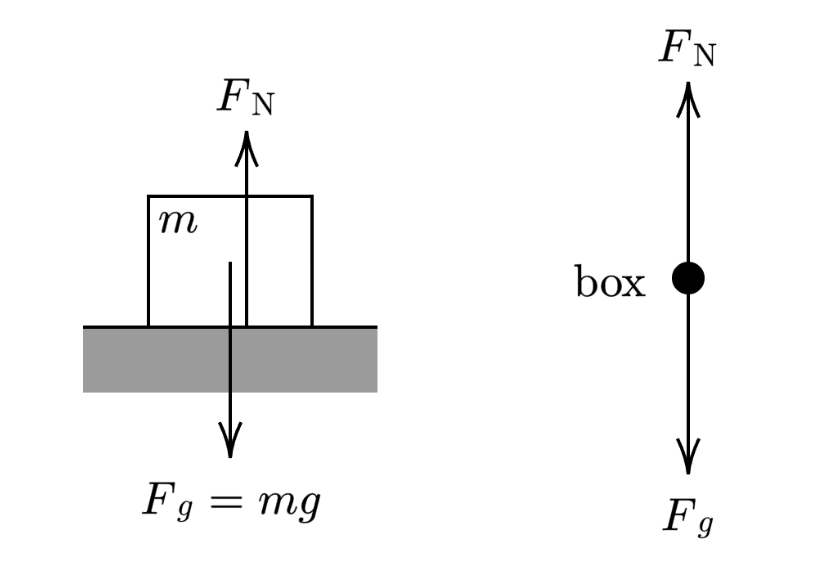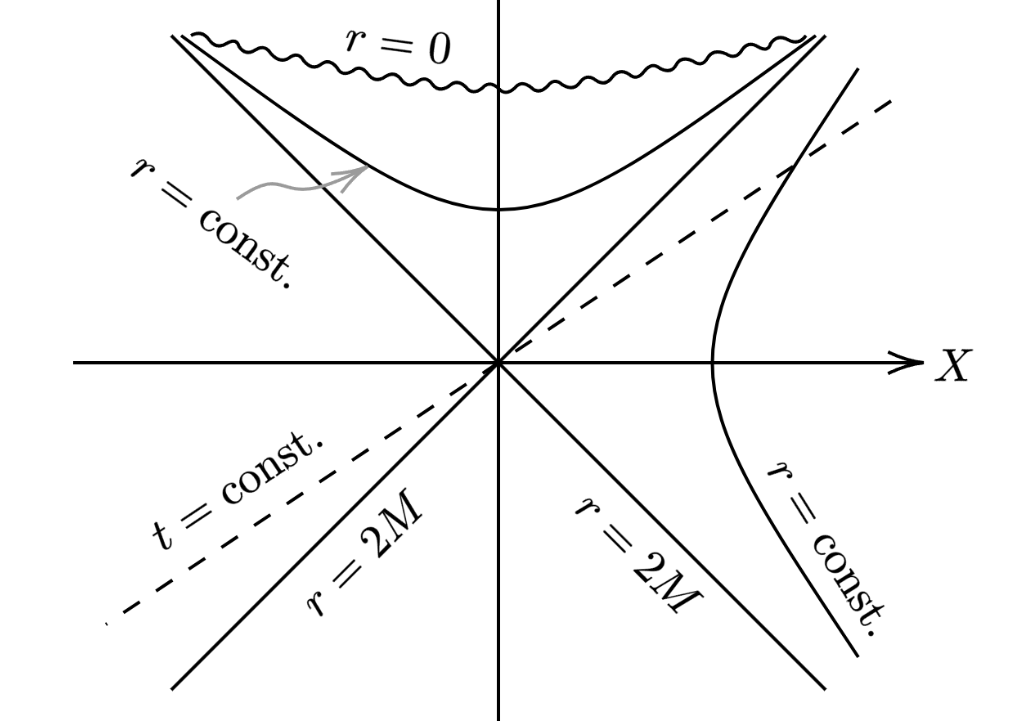Teaching
Mathematical and Computational Methods in Physics
.png)
An exploration of mathematical and computational techniques used to solve problems in physics. Topics include basic programming and data analysis, statistics, curve fitting and minimization, numerical solutions to differential equations, wave equations, diffusion equations, complex numbers, and Fourier analysis.
Introductory Physics I with Lab: Forces and Energy

A calculus-based introduction to the concepts and principles of mechanics, emphasizing translational and rotational kinematics and dynamics, work and energy, conservation laws, and gravitation. Hands-on exploration of physical systems using computer-interfaced laboratory equipment and modeling techniques are used to illustrate physical principles.
General Relativity I

An elementary introduction to general relativity, the basic physical concepts of its observational implications, and the new insights that it provides into the nature of space time, and the structure of the universe. Familiarity with special relativity and electromagnetism is assumed. The lectures review Newtonian gravitation, tensor calculus and continuum physics in special relativity, physics in curved space time and the Einstein field equations. This suffices for an account of simple applications to planetary motion, the bending of light and the existence of black holes.